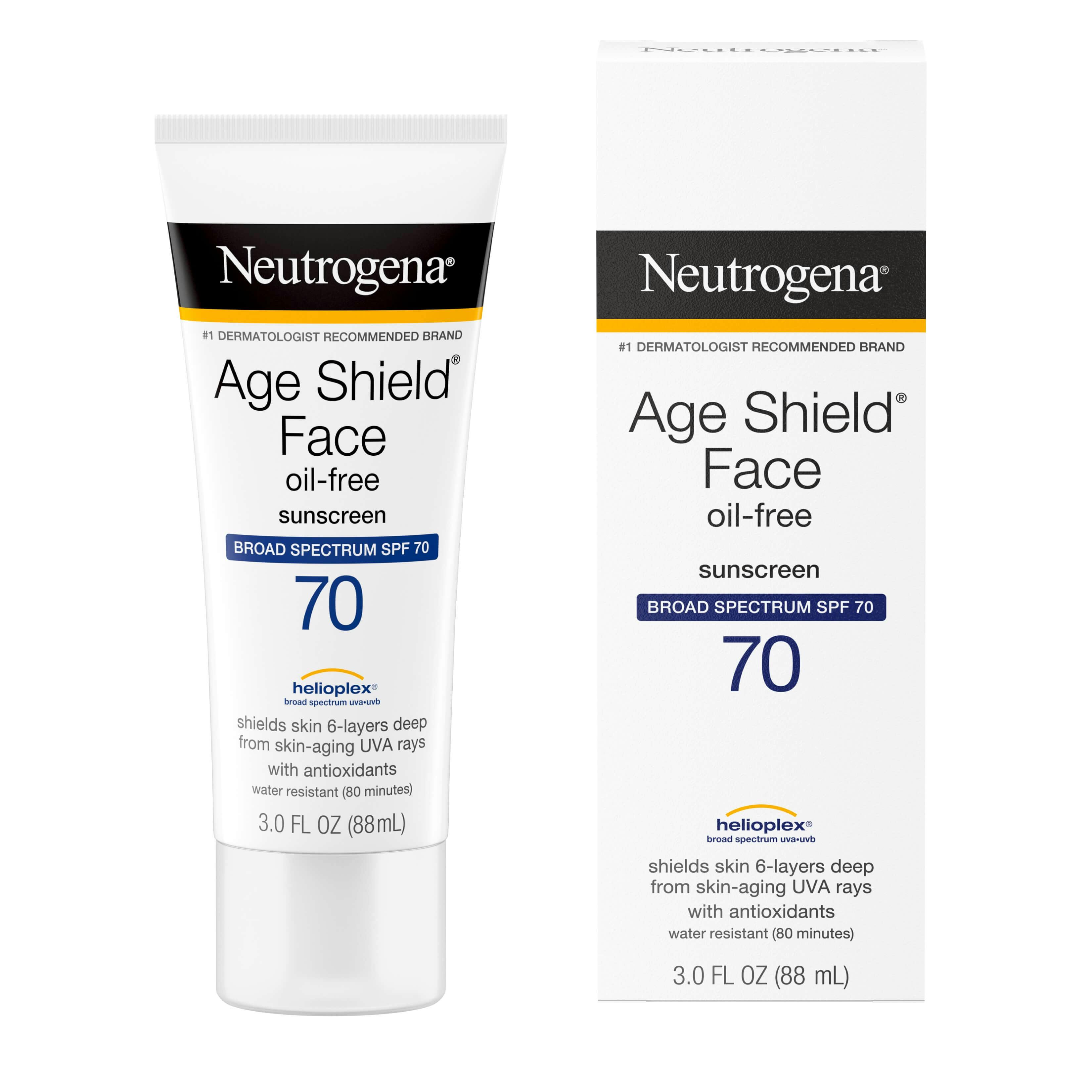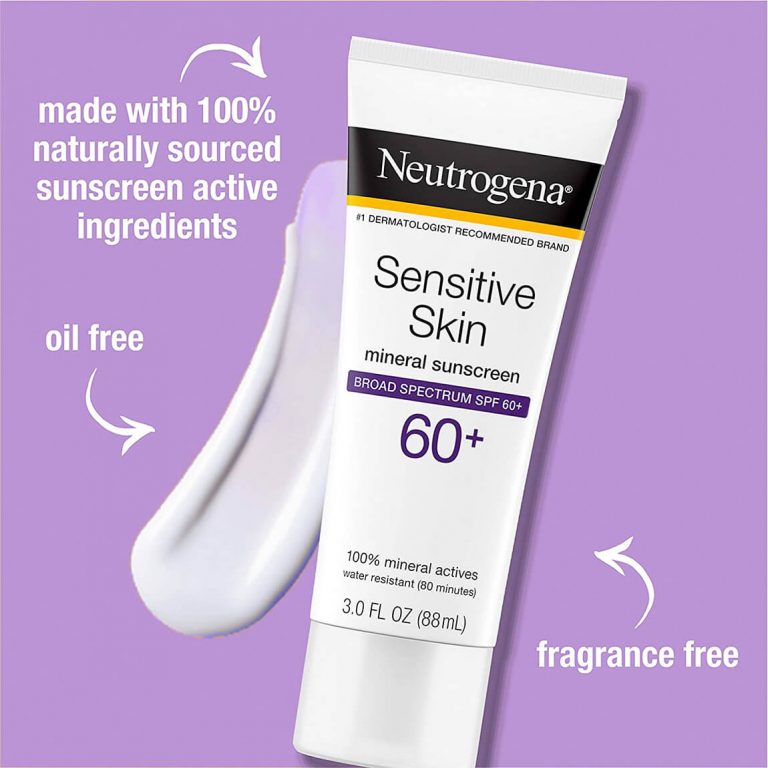


If you were diagnosed with cancer that may have been caused by benzene in your sunscreen products, you should talk to the experienced Chicago-based lawyers of the Moll Law Group. If we can show that the manufacturer knew about a defect and sold a product anyway, it may be appropriate to pursue punitive damages, which are intended to punish and deter wrongdoing. Compensatory damages are intended to put you back in the position you would have been in had you not been harmed by the defendant. The sunscreen-related litigation against Neutrogena and Johnson & Johnson alleges not only manufacturing defects, but also various violations of federal law governing advertising.ĭamages you may be able to recover in a successful product liability lawsuit include compensatory damages such as medical bills, wage loss, loss of enjoyment, loss of consortium and pain and suffering. Manufacturing defects are flaws that occur in the making of a product rather than flaws inherent in the design or formulation of a product. Defects can involve manufacturing, design, and marketing defects, such as failure to warn. Product liability lawsuits can be brought in civil court under a range of theories including strict liability or negligence. Recent exposure to benzene can be determine by analyzing blood or breath, but not all exposures necessarily result in cancer, which is why it is crucial to consult an experienced product liability attorney who works with credible experts. There is strong evidence linking benzene to the DNA damage that results in cancer. Research indicates that benzene may be produced because of contamination during the manufacturing process, rather than anything inherent in the formulation of the products at issue.īenzene is a chemical categorized as a category 1 carcinogen by the World Health Organization. Neutrogena CoolDry Sport Water-Resistant Sunscreen Spray SPF 50.Neutrogena Ultra Sheer Body Mist Sunscreen Broad Spectrum SPF 45.Neutrogena Beach Defense CoolDry Sport Water-Resistant Sunscreen Spray SPF 70.Neutrogena Beach Defense Spray Body Sunscreen SPF 50.Neutrogena Beach Defense Oil-Free Body Sunscreen Spray, SPF 100+.Neutrogena Ultra Sheer Weightless Sunscreen Spray, SPF 100+.The report specifies certain manufacturers whose products include benzene including:īenzene was detected in each of the following different types of Neutrogena sunscreen:

Benzene is harmful as a carcinogen, it is linked to blood cancers.īenzene was found in around 78 different batches of sunscreen and after-sun products for which benzene is not listed as an ingredient. Specifically, they allege that the company’s sunscreen sprays are defective because they contain benzene. These lawsuits include allegations that are almost identical. Those in Chicago who have been diagnosed with cancer and suspect it is related to sunscreen aerosol sprays in which benzene has been found should consult experienced product liability lawyers about whether they have claim. Recently, plaintiffs petitioned the United States Judicial Panel on Multidistrict Litigation asking for the creation of a multidistrict litigation docket in connection with their claims. Two months later, Johnson & Johnson voluntarily recalled five of its Neutrogena and Aveeno aerosol sunscreens and warned consumers to stop using those products after they conducted internal testing that detected low-level benzene in certain sprays. A study by the pharmaceutical testing lab Valisure has revealed high concentrations of benzene in many sunscreen products. Litigation has been filed against Johnson & Johnson after the discovery of benzene in their Neutrogena aerosol sunscreen products.


 0 kommentar(er)
0 kommentar(er)
